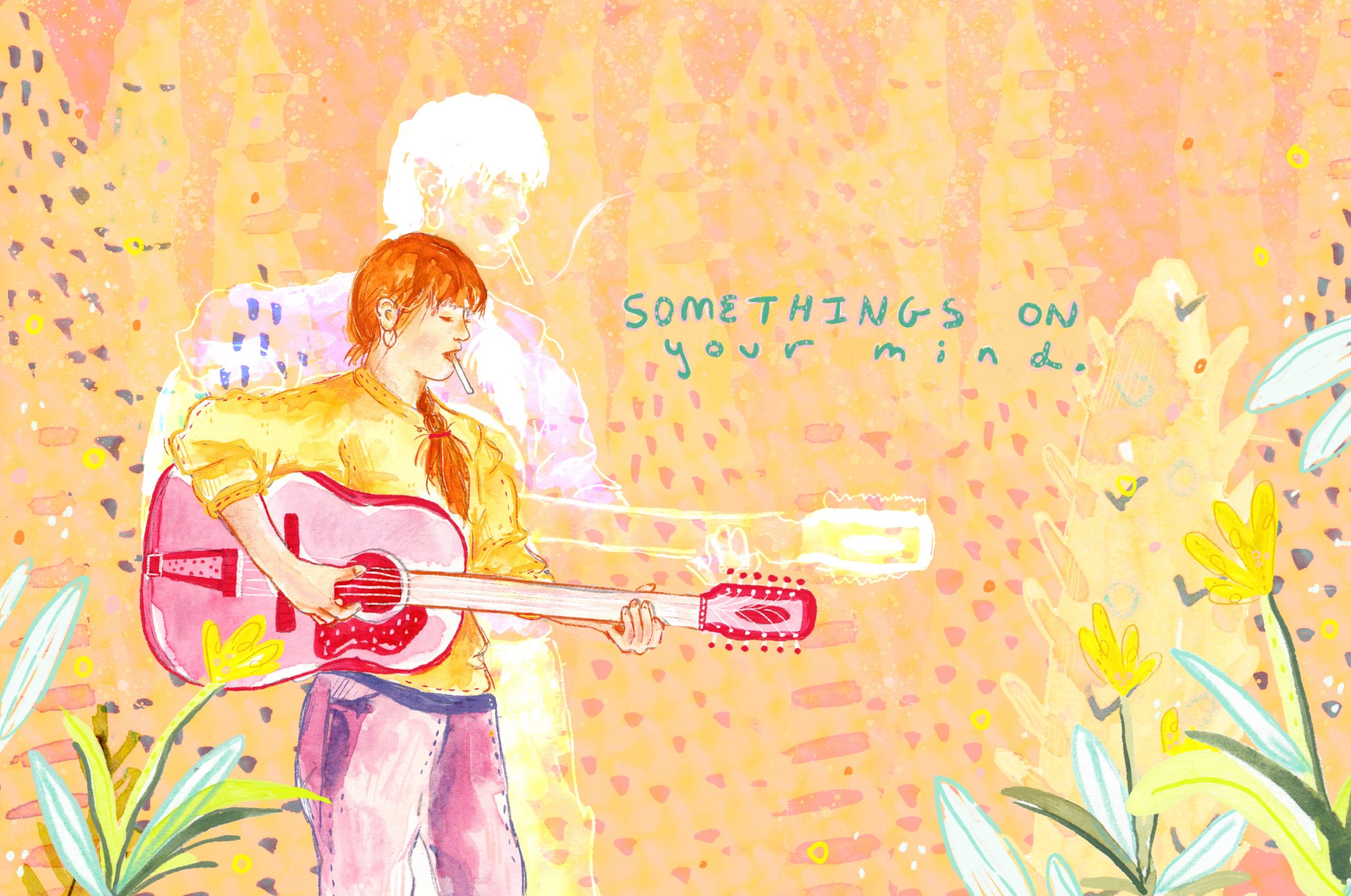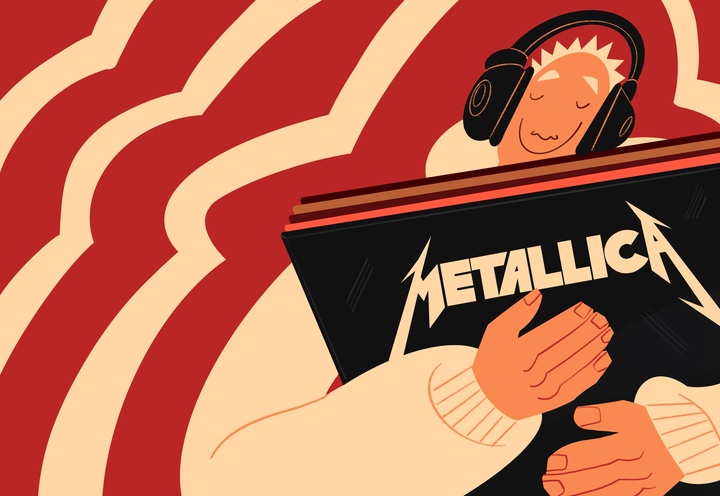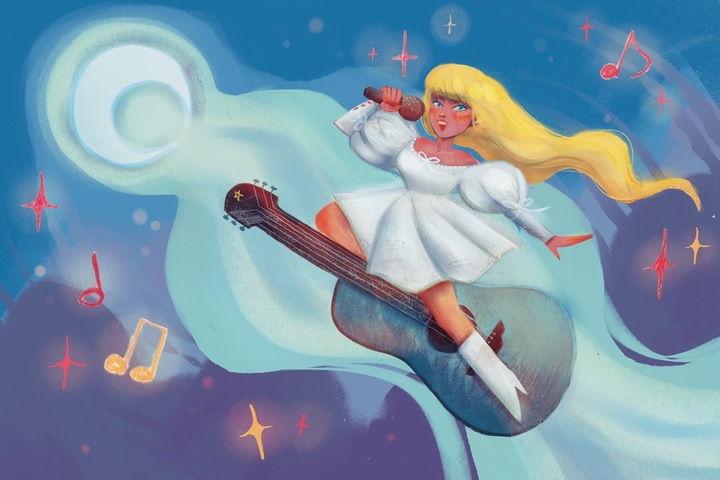In My Own Time: A Portrait of Karen Dalton self-admittedly sets out to complete an impossible task. It tries to paint a portrait of someone who intentionally obscured herself from the public eye. Folk singer-songwriter Karen Dalton lives in an ambiguous region of fame. She’s well-known and beloved by a devoted cult following, but she never reached the soaring heights of fame that contemporaries like Bob Dylan did. She was and is widely regarded as a bastion of talent–her voice was unlike any other, and the arrangements she put together brought a unique and powerful spin to any composition she touched.
In My Own Time premiered at the 2020 IFC film festival DOC NYC to an online streaming audience. It shares the name of her second–and final–studio album.
Compared to most documentaries following a musician of note, My Own Time makes sparse use of Dalton’s own voice. Though she was lauded by prominent artists then and now, she rarely interacted with the press. Her story is told through the eyes of those who surrounded her–friends, lovers, collaborators (some of whom fit into more than one of those categories), and her daughter. Dalton’s diary, read by Angel Olsen, and a single interview are the closest we get to hearing the singer tell her own story. Even the songs she performed and recorded were interpretations of music written by others.
Despite the enigma of her life story, the film tells a profound tale of a woman always pulled in disparate directions. Karen Dalton was, at any given moment, confident yet insecure, sweet yet volatile. She was caught between the worlds of motherhood and music as well as the desire to live a simple rural life and find success in New York City. The push and pull of her life story is perfectly captured through interviews and diary excerpts, highlighted by a Julia Holter score, and of course, Dalton’s music itself.
At the end of the day, the music is what really tells her story. Through it, one can interpret how she saw herself, whom she enjoyed working with most, and her biggest influences. The lack of information, although a seeming boon, gave the songs room to breathe. After all, without it, there would be no need to scrounge for the facts of her life.
Though her music defies any true genre, Karen Dalton is the epitome of a folk hero for traditional music. In some ways, it’s tragic that she didn’t leave the full legacy that other artists of her caliber have. But, her obscure origins and avoidance of the spotlight only serve to emphasize the intrigue that follows her. All that’s really left to do now is listen to the records and carry on the memory.



